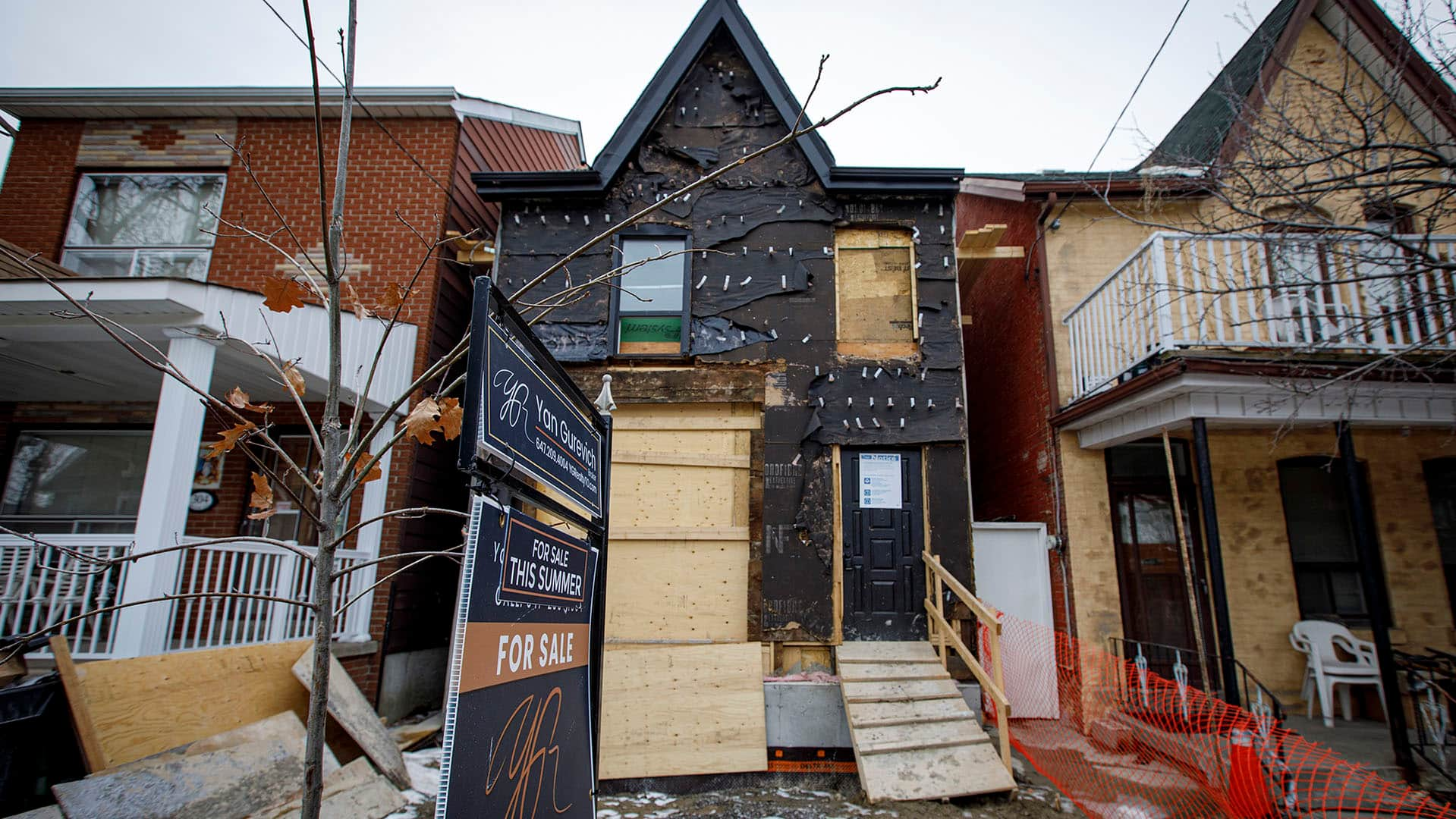Canada’s top central banker says raising the Bank of Canada’s benchmark interest rate may be costly for households, but waiting longer to act would be more costly for the country.
Canada’s top central banker says the first of several rate hikes from the Bank of Canada is aimed at staving off a problematic economic scenario that could be more costly to households than the double-whammy of higher inflation and interest rates.
Speaking to reporters Thursday, Governor Tiff Macklem looked back a half-century ago to the economy of the 1970s .
He said during that time consumers felt like they were being ripped off as prices rose and wages didn’t keep up — and labour strife followed. The economy doesn’t work well when people believe inflation will stay higher for longer, Macklem said.
To avoid a repeat of that scenario, the bank must act to lower inflation through measures like Wednesday’s quarter-point rate hike, which shows Canadians their concerns are being taken seriously.
Inflation currently sits at a three-decade high and is set to rise further on the back of ongoing supply chain issues and rising global oil prices that make transporting goods and food even costlier.
As the pandemic eases, so too should the impact on supply chains, Macklem said.
“Provided we keep inflation expectations well anchored, as those things work out, inflation should come down,” he said during an afternoon news conference following his remarks.
“But if we let inflation expectations become unmoored, then when those supply constraints ease, inflation won’t come back down, and it’ll be much more costly to get it back down.”
Slashed rate in March 2020
The Bank of Canada raised its target overnight rate to 0.5 per cent on Wednesday, increasing it from its emergency low by one-quarter of a percentage point.
Wednesday’s move marked the first increase since the Bank of Canada dramatically slashed the trend-setting rate to 0.25 per cent in March 2020 as a buttress against the economic fallout at the onset of the COVID-19 pandemic.
What has followed is an economic recovery. Macklem says after a solid end to 2021 when the economy grew at an annual rate of 6.7 per cent, the central bank now sees growth in the first quarter of 2022 to be stronger than previously forecasted.
The bank revised up its outlook for inflation, which is running at a three-decade high and is also hotter than the bank expected six months ago.
WATCH | Bank of Canada raises key interest rate in hopes of curbing sky-high inflation:

Bank of Canada hikes interest rate in attempt to curb inflation
The Bank of Canada is raising interest rates for the first time since 2018 to try to curb inflation, but the rate hike could add to the financial strain of people already struggling. 2:00
During a speech to the CFA Society Toronto, Macklem said higher oil prices have contributed to inflation by increasing transportation costs, which in turn raise prices on consumer goods, including food. Grocery prices in January were up 6.5 per cent year-over-year.
Concerns inflation could get worse
There has also been a global shift during the pandemic from services to goods, which have been harder to come by through snarled supply chains that have pushed up everyday prices on a broader selection of everyday goods
Macklem said this broadening in price pressures is a big concern and makes it more difficult for Canadians to avoid inflation, no matter how prudent they are as shoppers.
Although the bank can’t control global inflationary pressures caused by supply chains and Russia’s unprovoked invasion of Ukraine, Macklem said the increased cost of borrowing, which is under its control, should dampen spending growth.
That in turn will curb demand, keeping it from running significantly ahead of supply and further fuelling an already high inflation rate.
“For households and businesses that are already feeling the pinch of inflation, the higher cost of borrowing can be doubly painful,” Macklem said in his speech. “But tighter monetary policy is necessary to lower the parts of inflation that are driven by domestic demand.”
Macklem said the bank’s benchmark rate will need to rise further, including a potential for a half-percentage-point hike if senior decision makers feel they need to move quicker or more forcefully.
He also said the central bank will eventually stop purchasing federal bonds as part of what’s known as “quantitative tightening” that will have the effect of putting further upward pressure on interest rates.

